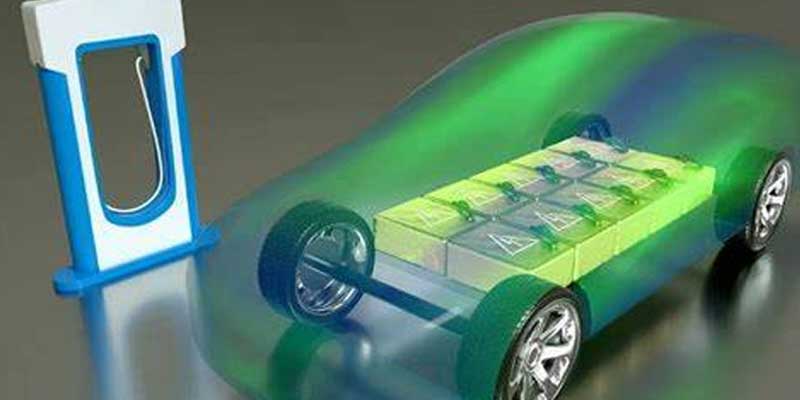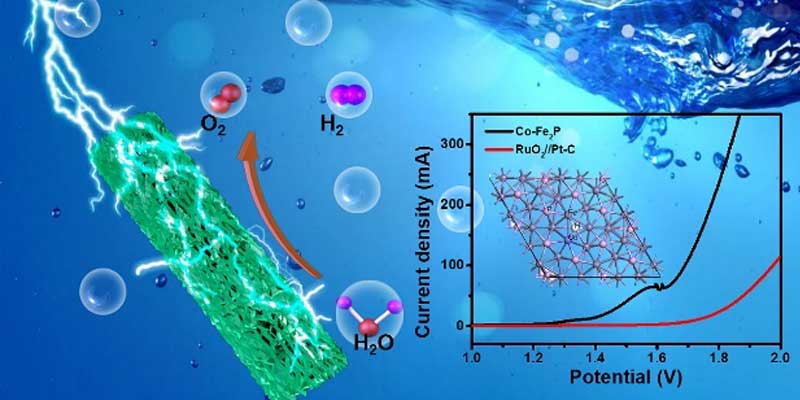Are sodium ion batteries the future
Are Sodium Ion Batteries the Future of Energy Storage?
Understanding Sodium Ion Batteries
Sodium ion battery represents an exciting frontier in the field of energy storage technology. Leveraging sodium, one of the earth’s most abundant resources, these batteries offer a unique combination of environmental and economic advantages that could potentially address many of the limitations faced by traditional lithium-ion batteries.
- Chemical and Physical Properties: Sodium, while similar to lithium in its chemical behavior, offers distinct advantages due to its physical properties. Sodium ions are larger than lithium ions, which can affect the design of the battery’s internal structure and influence everything from the efficiency of ion flow to the stability of the battery under stress.
- Abundance and Accessibility: The crustal abundance of sodium dramatically surpasses that of lithium. This abundance promises a reduction in raw material cost volatility and enhances the geopolitical stability of supply chains for battery production. Moreover, sodium’s prevalence in seawater offers opportunities for innovative extraction methods that could further decrease costs and environmental impact.
- Environmental Considerations: The extraction processes for sodium, especially from sources like seawater, are generally less harmful to the environment compared to the mining required for lithium. These processes, coupled with sodium’s natural abundance, make sodium ion batteries a potentially more sustainable choice, reducing the need for invasive mining operations.

Potential of Sodium Ion Batteries
The shift toward sodium ion technology in energy storage is driven by both its intrinsic material benefits and the evolving demands of global energy markets.
- Cost-Effective Energy Storage: The economics of sodium ion batteries are compelling. Their lower material costs, coupled with the potential for simpler and cheaper manufacturing processes, make them an attractive option for large-scale energy storage systems. These systems are essential for balancing the variability of renewable energy sources like solar and wind.
- Safety Enhancements: Sodium ion batteries exhibit superior thermal stability compared to lithium-ion batteries. This stability translates into a lower risk of thermal runaway, a dangerous condition where an increase in temperature leads to further temperature increases, potentially resulting in fires or explosions.
- Improvements in Energy Density and Performance: While current sodium ion batteries offer lower energy density than their lithium-ion counterparts, ongoing research is making significant strides in this area. Innovations in cathode materials, electrolyte formulations, and cell architecture are gradually narrowing the performance gap. Enhanced energy density will enable sodium ion batteries to be used in a broader range of applications, from electric vehicles to portable electronics.
Challenges Facing Sodium Ion Batteries
Despite their promising attributes, several challenges must be overcome for sodium ion batteries to achieve widespread adoption.
- Technical Challenges: Increasing the energy density without compromising the inherent safety advantages of sodium ion batteries remains a significant technical hurdle. Research is focused on developing new electrode materials that can host more sodium ions and on optimizing the cell design to improve overall efficiency.
- Market Adoption and Penetration: For sodium ion batteries to replace lithium-ion batteries, they must not only match but exceed the performance standards set by the existing technology. This requires not just technological advancements but also changes in consumer and manufacturer perceptions, regulatory adjustments, and adaptations in the global supply chain infrastructure.
- Recycling and End-of-Life Management: As the technology matures, establishing effective recycling processes for sodium ion batteries will be crucial. Current recycling infrastructure is predominantly geared towards lithium-ion batteries. Developing technologies and systems to efficiently recycle sodium ion batteries is essential for maximizing their lifecycle sustainability and reducing environmental impact.
The Role of Himax Electronics in Advancing Sodium Ion Battery Technology
Himax Electronics is actively contributing to the development and adoption of sodium ion batteries through various strategic initiatives.
- Research and Development Efforts: Himax is investing heavily in R&D to overcome the existing barriers to sodium ion battery adoption. This includes funding innovative projects aimed at enhancing the electrochemical performance of sodium ion batteries and extending their operational lifespan.
- Promotion of Safety Standards: Himax is also a leader in promoting rigorous safety standards within the sodium ion battery industry. By developing and implementing advanced battery management systems, Himax ensures that the batteries not only perform efficiently but also adhere to the highest safety protocols.
- Sustainability Initiatives: Committed to environmental stewardship, Himax Electronics emphasizes the development of sodium ion batteries that are not only efficient and safe but also environmentally friendly. Their initiatives include optimizing the use of sustainable materials and processes throughout the battery’s lifecycle, from production to recycling.

Conclusion
Sodium ion batteries hold significant promise as the future of energy storage, offering a blend of economic, environmental, and safety benefits that are increasingly aligned with global energy needs. As these batteries continue to evolve, they are expected to play a crucial role in powering everything from renewable energy systems to electric vehicles. With continued innovation and investment from industry leaders like Himax Electronics, sodium ion batteries are well-positioned to become a cornerstone of sustainable energy infrastructure.
Himax Electronics remains dedicated to advancing this promising technology, ensuring that the benefits of sodium ion batteries can be realized on a global scale. For more information on Himax’s sodium ion technology and initiatives, or to learn how these batteries can benefit your applications, please visit the Himax website or contact their support team.



